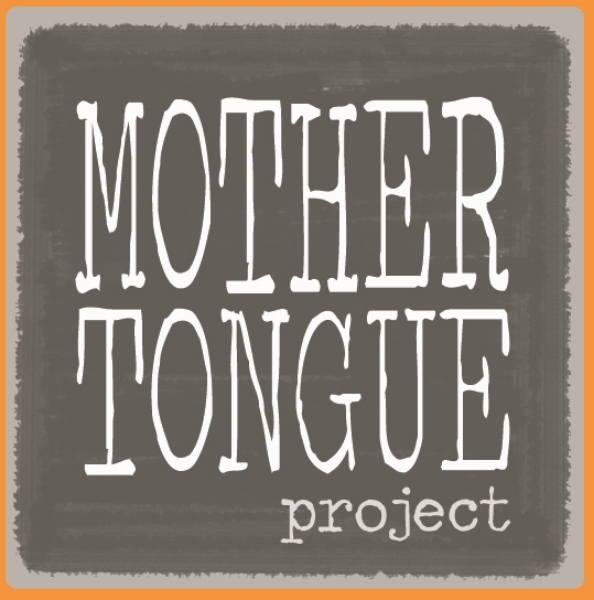HIGH-SUPPORT, HIGH-EXPECTATION EDUCATION IS AN EQUITY ISSUE
MTP@College We started working with teen parents.
We realized student parents need post-secondary opportunities, too.
One-fifth of U.S. undergraduates are parenting or caring for dependent children—the majority, 2.1 million, are single women (Institute for Women's Policy Research). Parenting students are tight on time and money, and they disproportionately require academic remediation before they can take college-level classes toward a degree or credential.
Research indicates these factors bear on the fact that “[o]nly 28% of single-mother learners earn a degree or credential within six years" (IWPR). This is a critical area for MTP investment, especially because these learners can decrease their chances of living in poverty by 32% for each additional level of education they receive.**
Through our relevant, relationship-based instruction of English fundamentals, MTP@SFCC hopes to prepare more parenting students for certificate and degree achievement. Research shows that “[c]ontextualized instruction, or basic skills taught in the context of real-world problems and major course content, has been related to earning more college credits and an increased likelihood of persistence.”*** Framing a college English sequence within examinations and discussions of parenting issues follows this tenet, guiding students through personal and academic reflection as well as through foundational academic and family literacy skills.
We anticipate this combination will improve student-parents’ chances for school retention and degree completion. Ultimately, we hope the combined benefits will lead to opportunities for higher-level employment, more stable family economics, greater child wellbeing, and a strong support network of parenting students and alumni.
*Graham, Matthew, et al. Women Employed and Ascend Aspen Institute, 2012, Low-Income Single Mothers at Community College: Recommendations for Practices to Improve Completion.
**Single Moms Success, Education Design Lab, 9 Feb. 2021, eddesignlab.org/project/singlemomssuccess/.
***Chenoa S. Woods, Toby Park, Shouping Hu & Tamara Bertrand Jones (2019) Reading, Writing, and English Course Pathways when Developmental Education is Optional: Course Enrollment and Success for Underprepared First-time-in-College Students, Community College Journal of Research and Practice, 43:1, 5-25, DOI: 10.1080/10668926.2017.1391144. https://www.tandfonline.com/doi/full/10.1080/10668926.2017.1391144
MTP@High School
What if teen parenthood is seen as a window of opportunity?
Teen moms are overlooked, harshly judged, and relegated to margins of education and society. New Mexico has one of the highest teen birth rates, and teen parents are less likely to finish high school and more likely to live in poverty than non-parent peers. Children of teens are more likely to have infant health problems, do poorly in school, be incarcerated, and become teen parents themselves.
Yet, with the right support, these young women can break cycles of poverty and teen pregnancy.
What? Teen parenthood as an opportunity?
Yes. It has to be, because we cannot support a student's success if we believe her life is over. Our work begins after a young woman chooses to continue her pregnancy; our focus is on her opportunity to reengage with her education. We start with each student's capacity for learning and achievement. That's an opportunity.
Reaching one life, affecting two
Recent and compelling research on educational-outcome disparities along economic lines has focused on children’s critical first three to four years of life. Mother Tongue Project’s concern is that older, low-performing students get dismissed as lost causes because they bear the burden of inadequate early-childhood education. However, because most teen pregnancies occur among low-income students with a history of low academic performance—and teen parenthood often is a repeating phenomenon—reaching teenage students when they become parents may provide an educational and economic “twofer.”
If teen parents are adequately supported in their resolve to graduate from high school, attend college, and pursue professional goals, they are more likely to achieve these milestones of success. As they reach their goals—partly by re-engaging in education that is relevant to their complex lives—they are better prepared to attend to their children’s early development and set them up for better academic and long-term success.
Why “Mother Tongue”?
Student parents have things to say, and learning to more effectively use their voices—their “mother tongues”—will increase the impact of their stories.
The experiences of these parents speak to the experiences of all parents—they converse in the “mother tongue.”
Those who speak from and listen to the wisdom of the “mother tongue” gain compassion for its complexities. They are better able to advocate for the critical support of young parents and their children. This affects all of us.

